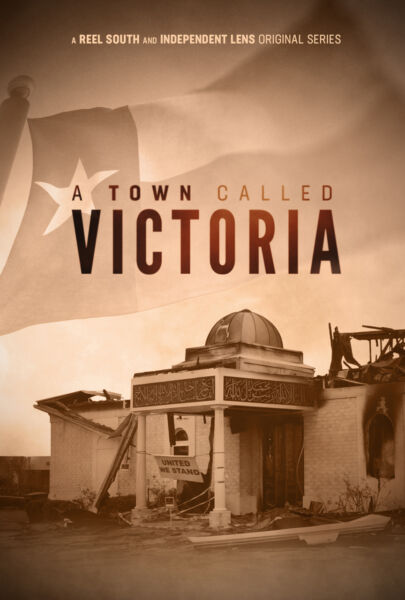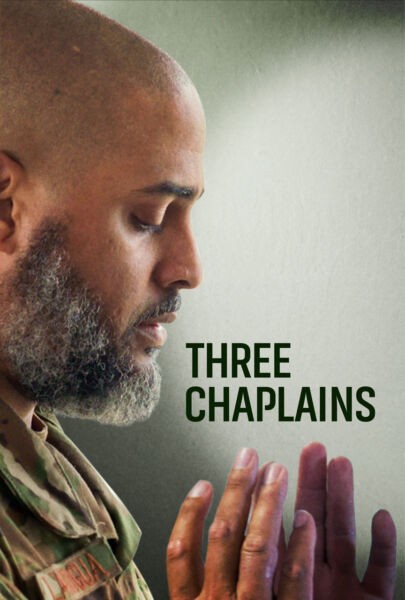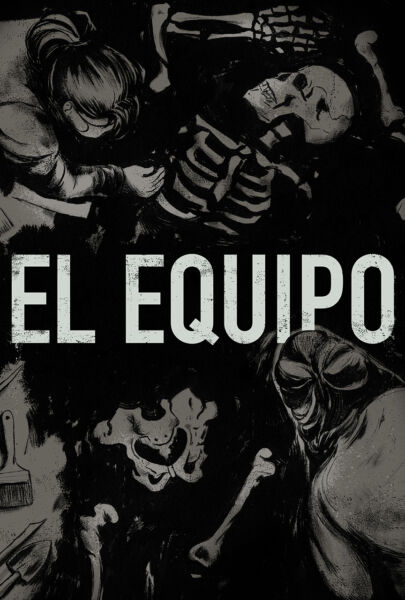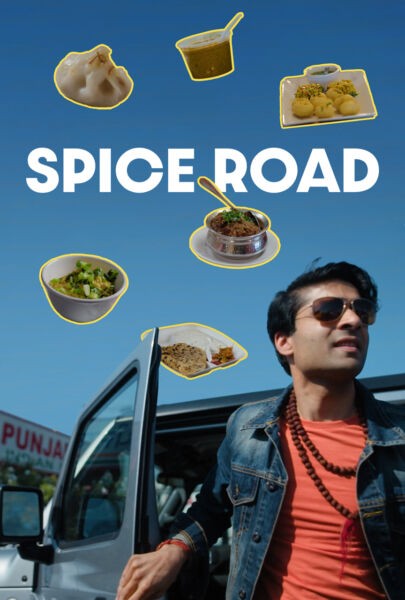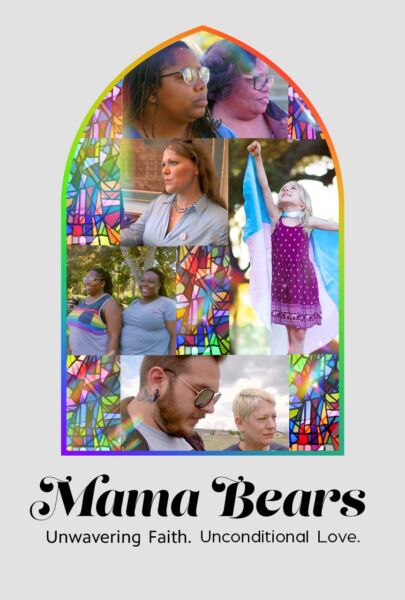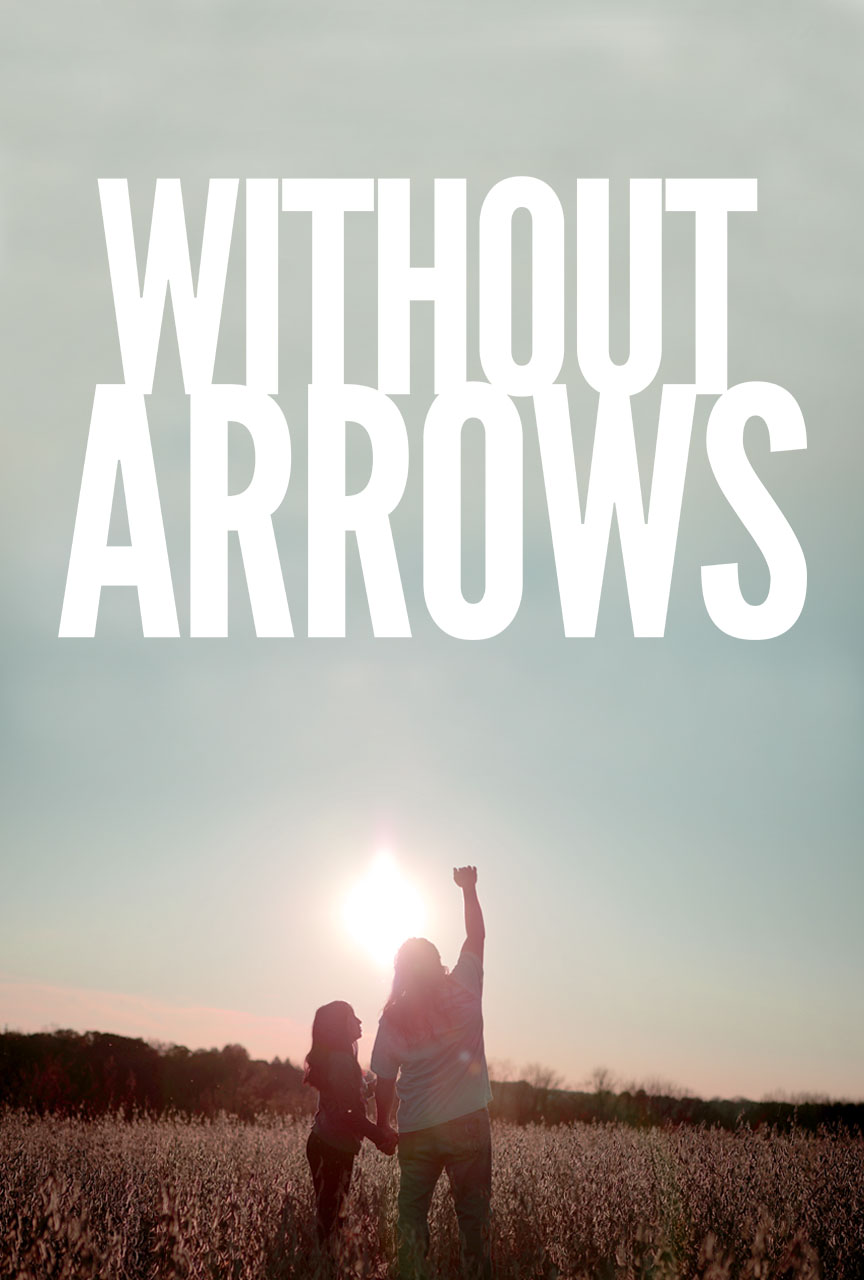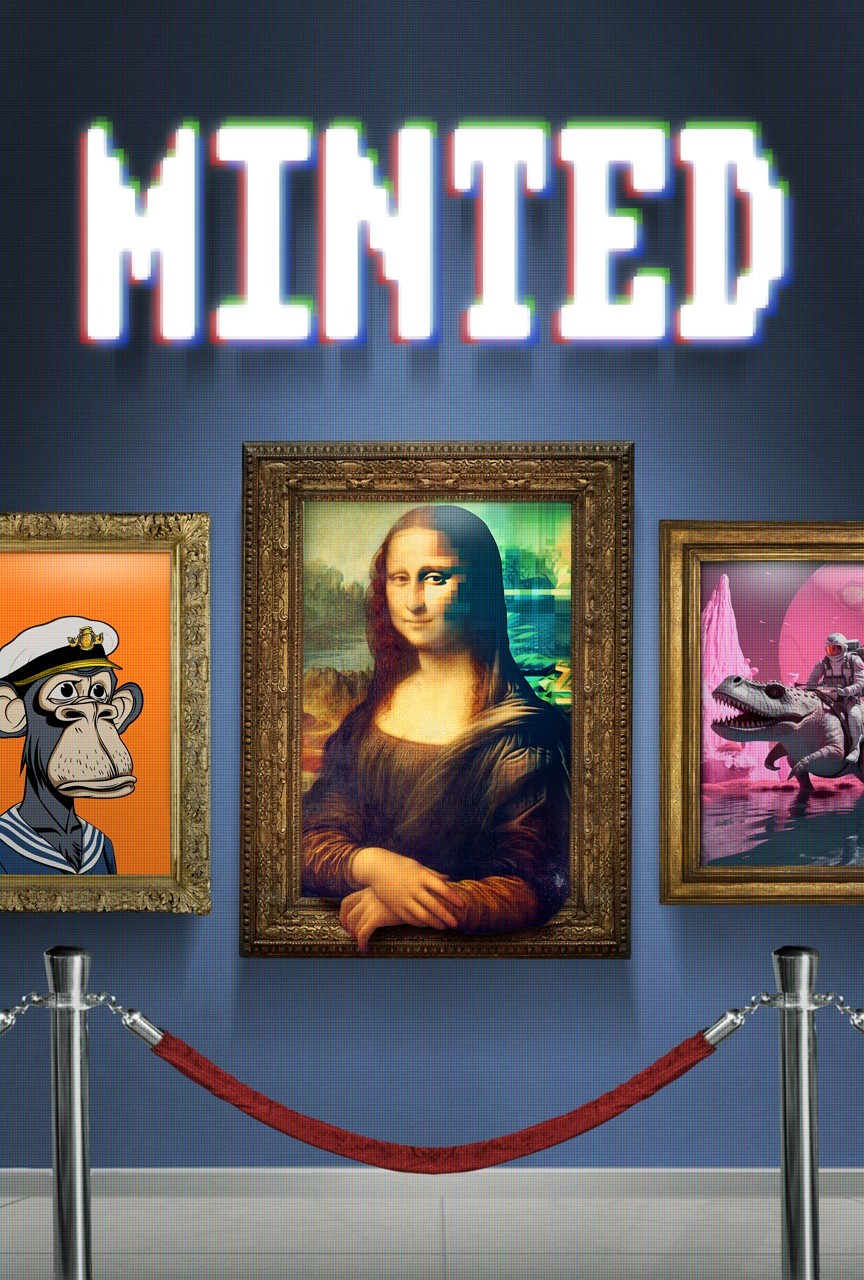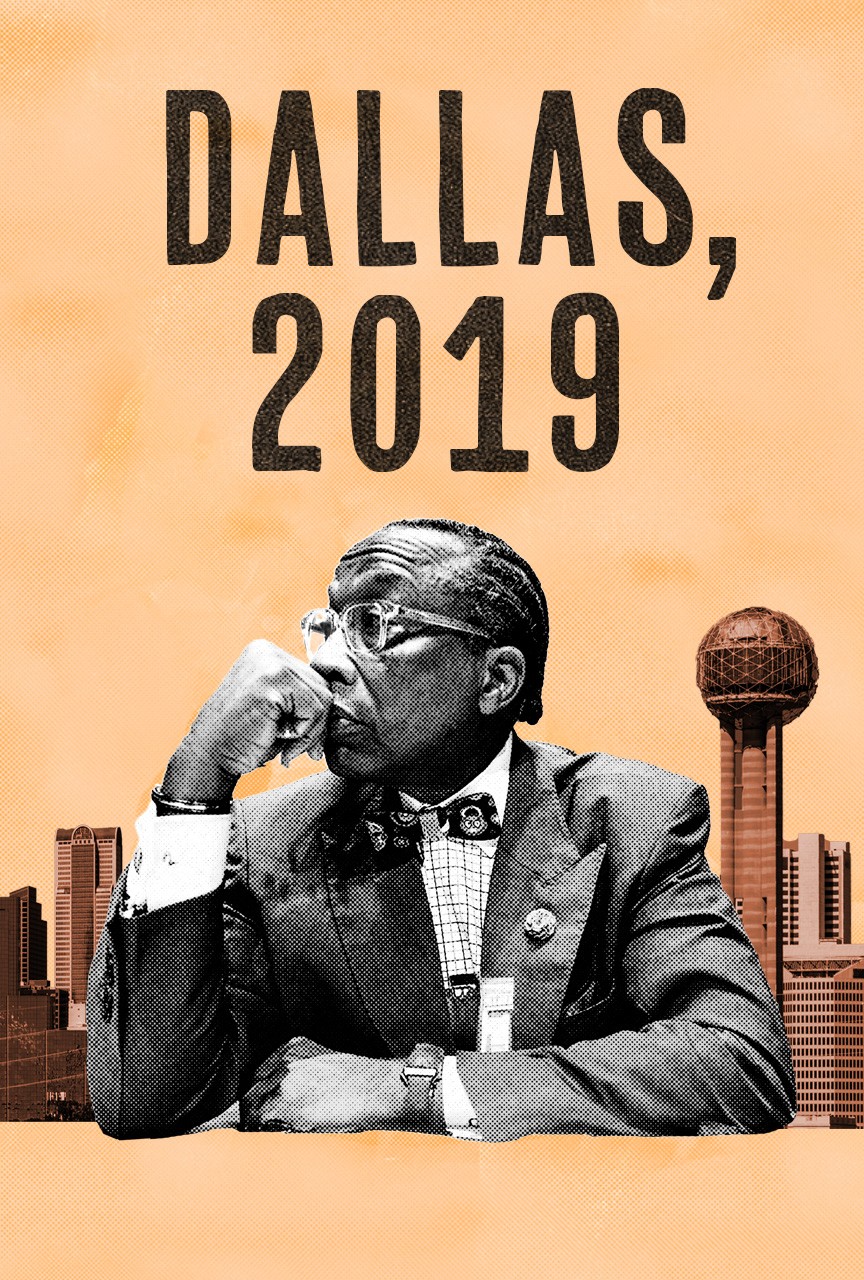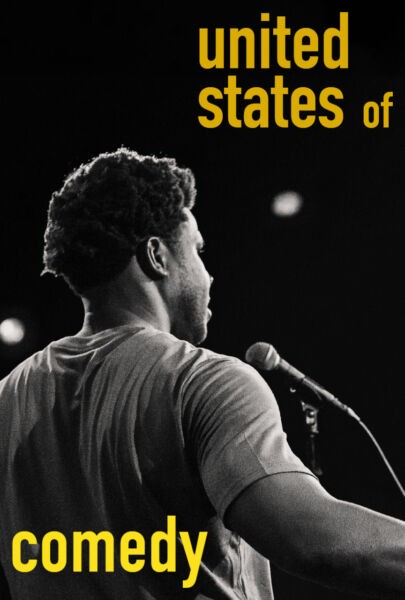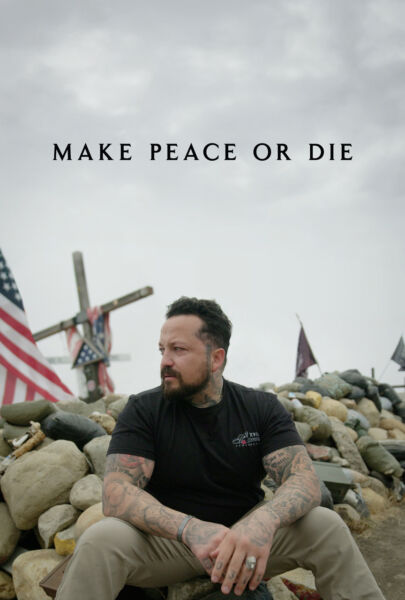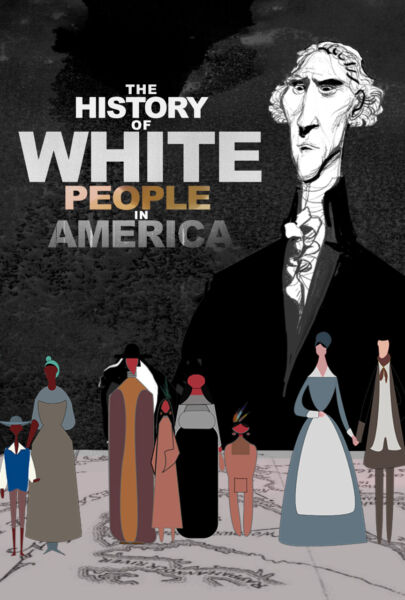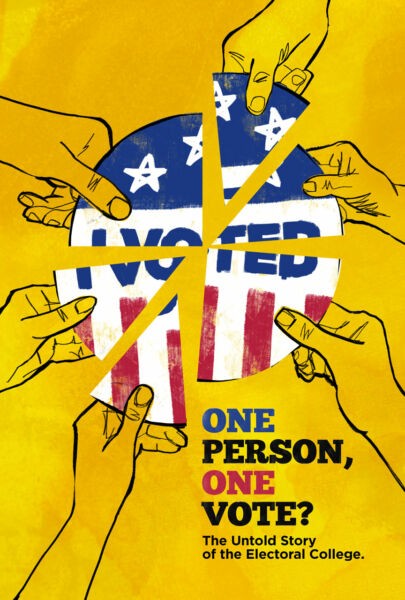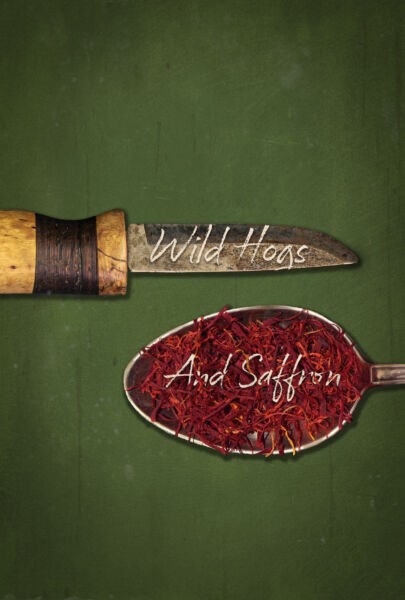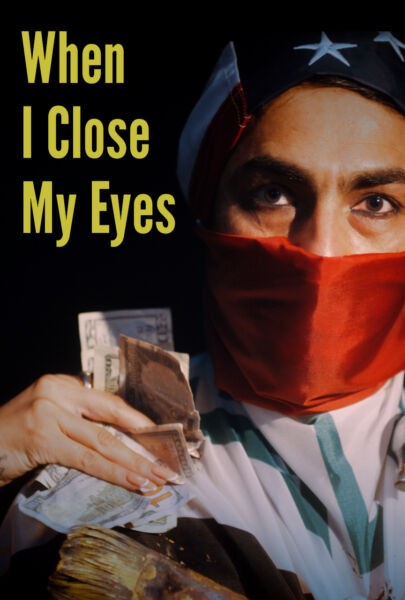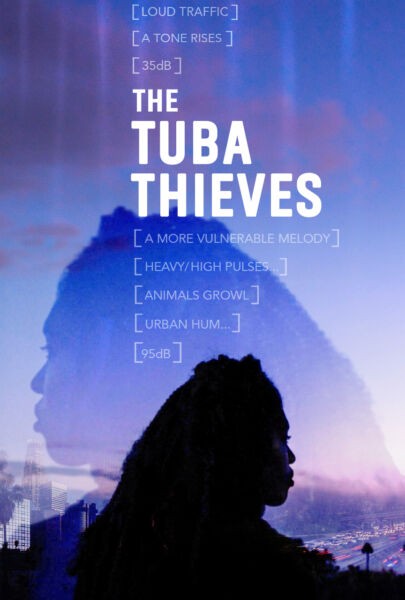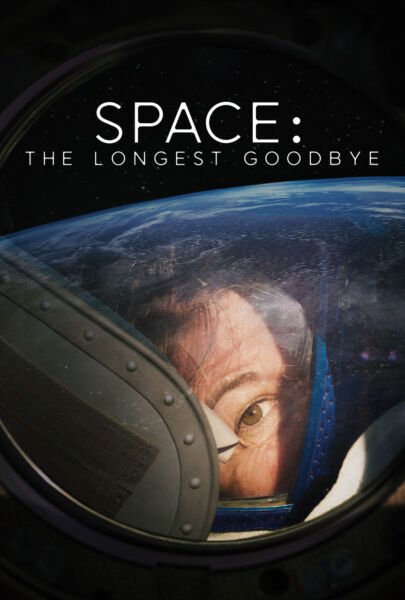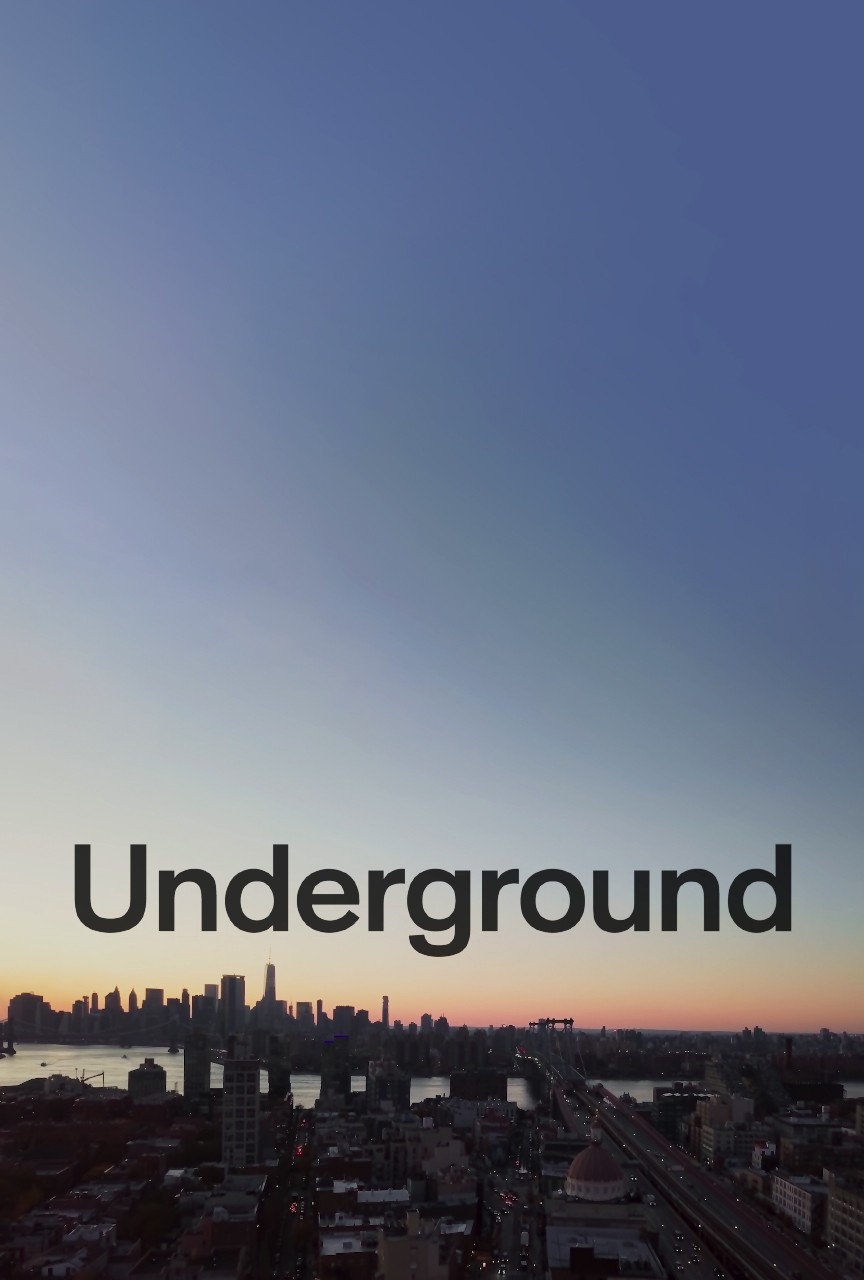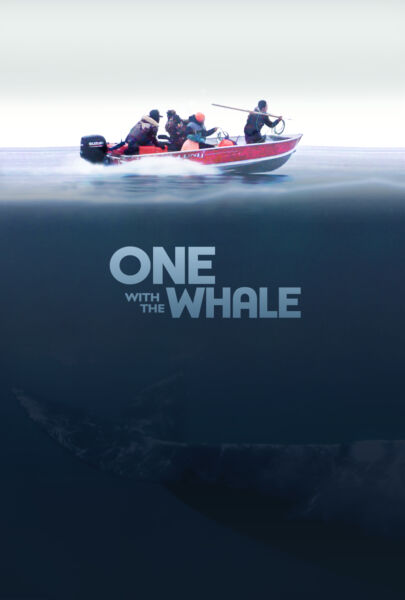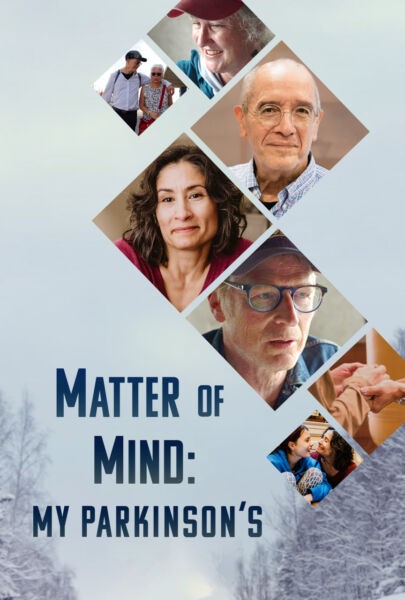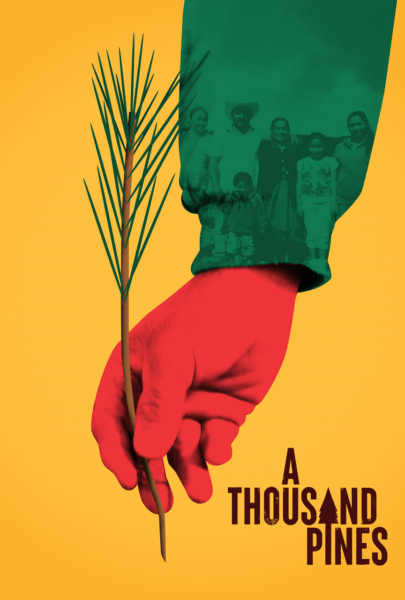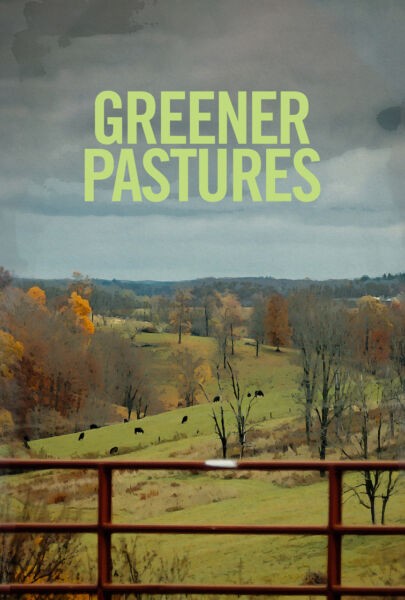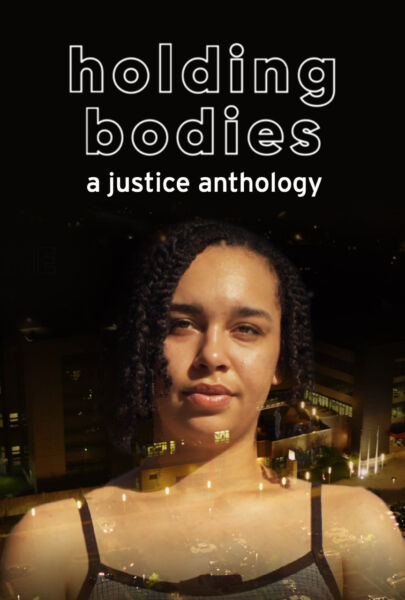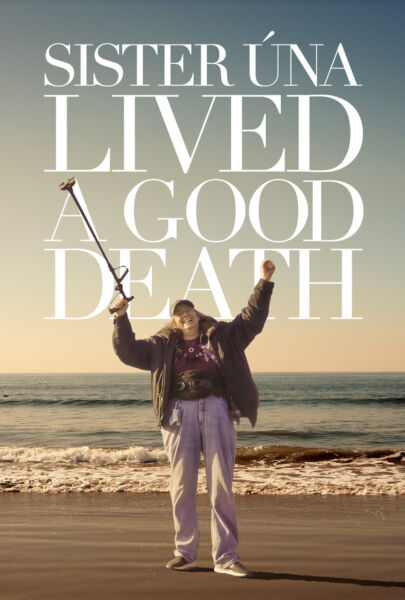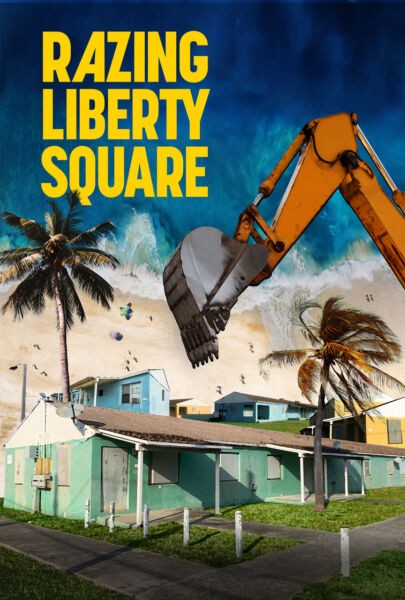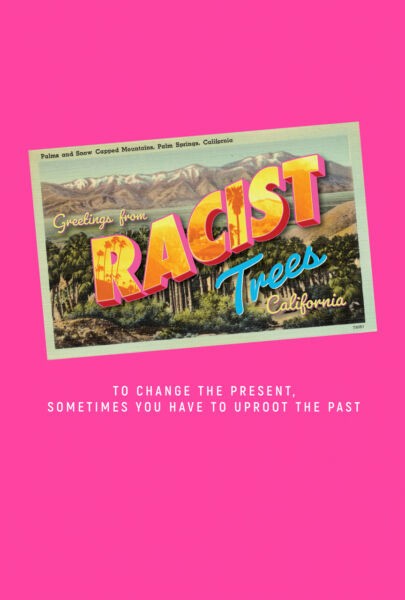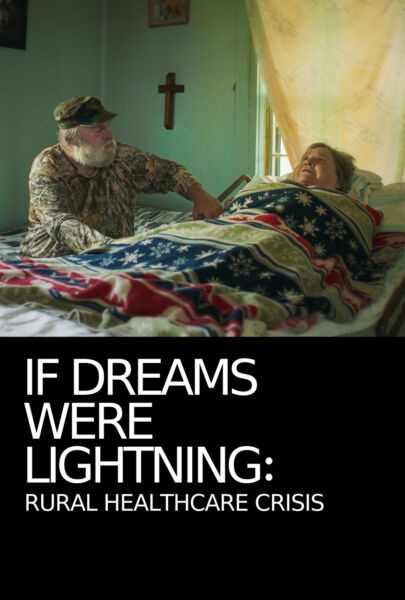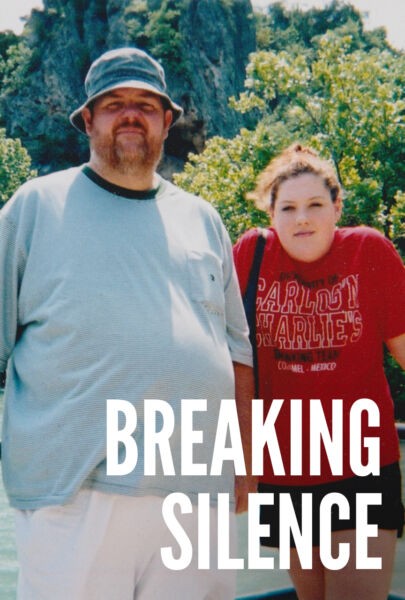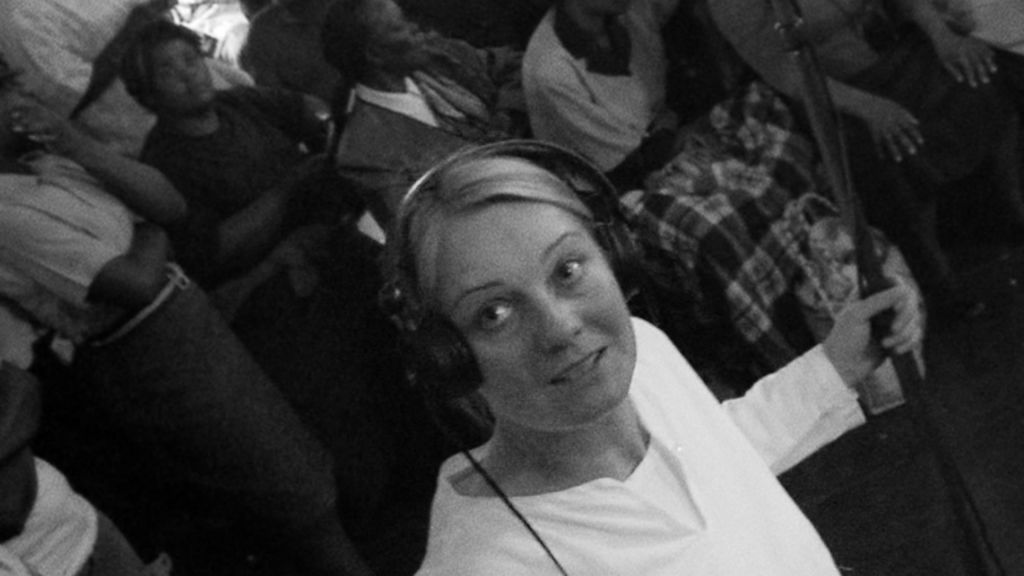
Filmmaker Camilla Nielsson is based in Denmark but works all over the globe. Her previous films were set in Afghanistan, Mumbai, and Darfur. Then she turned her attention to Zimbabwe to capture an important and tumultuous period in its political history for her film, Democrats, which won Best Documentary Feature at Tribeca Film Festival and Best Director at One World Human Rights Film Festival, among numerous other awards. “The game of politics is pretending,” the eerily genial ruling party representative Paul Mangwana says in the film, and there is much political gamesmanship in this story of the drafting of Zimbabwe’s first democratic constitution.
We emailed with director Nielsson from her Copenhagen home to talk about the tense production of the film as well as the aftermath, including the Zimbabwe government’s recent ban on the film.
When did you first learn about the story of what was going on with the Zimbabwe constitution, and what compelled you to want to make a film about it? Were you familiar with African politics before, and if not, how did you get up to speed on it?
The idea to make this film came from the Danish author and journalist Peter Tygesen, who has lived in Zimbabwe for many years. He originally wanted to write a book about the constitution-making-process, and then came up with the idea of making a documentary film. He pitched the idea to Henrik Veileborg, the film’s producer, and I came on board as director. I have always been interested in politics, and through my background in anthropology, also in African politics. But I had never been to Zimbabwe, so there was a lot of research to catch up on. There wasn’t a lot of other recent documentary films made in Zimbabwe, and no films from anywhere about constitution-making, so I had to learn about the country and the process on the go.
Your film was recently banned in Zimbabwe; how did you feel when you found that out, and can you give us any updates on that situation?
We have fought the censorship board in Zimbabwe for about a year, and in each attempt they have rejected our application for distributing the film, arguing that Democrats is “not suitable for public viewing.” I was of course disappointed that this was the censors’ decision, but I was also not too surprised as the film is critical of the regime and President Mugabe, and that is a no-go in Zimbabwe. We have just appealed the ban in the Supreme Court, and are awaiting their decision. Hopefully they will overturn the censorship board’s decision, so that all Zimbabweans will have a chance to see the film about how their constitution was made.
Both your main characters (Paul Mangwana and Douglas Mwonzora) had times where they felt threatened, even feared for their lives, sometimes with good reason. How did you maintain your distance while they were going through that? Did you worry about their safety? Did you worry about your own safety for that matter?
I didn’t really manage to keep a distance. During the many conflicts, whether political or when there was acts of violence, it was impossible not to get emotionally involved, because there was so much at stake. I don’t think my involvement affects the film in a negative way, though. On the contrary, I feel that the personal bonds that these situations created between the two protagonists and myself helped generate a feeling of intimacy and presence that is there in the film. Over the three years we were filming, I became very close to them, and when one was put in jail, or their lives were threatened, of course I couldn’t help worrying about them and their safety, and at times my own safety as well. Luckily nothing ever happened!
You’ve made films in several distinct parts of the world. What stood out to you about Zimbabwe? What fascinated you and what surprised you the most?
What surprised me the most was the resilience and the specific Zimbabwean sense of humor with which so much hardship is overcome. It is difficult to explain, but there is this subtle gentleness and a very understated kind of humor, which I think is keeping a lot of tensions under wraps, and defuses potential conflicts both in the political sphere as well as in everyday life. It was almost an impossible task for the opposition and the ruling party to agree on anything, but when tempers were high due to disagreements, a deadlock was often avoided through the use of humor. I think politicians in my own country could learn a lot from this approach to conflict resolution.
Can you give us some updates on where Zimbabwe is today? How is Mugabe still in power, and who do you think will ultimately succeed him?
Without spoiling the film’s plot, I think I can safely say that the situation in Zimbabwe is worse than when we were making the film, both politically and economically. The succession battle about who should replace the now 92-year-old Mugabe is raging and putting everything else in the country on hold. The economy is crumbling due to the political crisis, and on top of that there has been a bad drought, and up to 2.5 million people are now facing starvation.
What do you think people in America can learn from the process Zimbabwe has gone through to get a new constitution? How can this story make us reflect on our own history, and our own democratic process, which is surely getting tested this year?
I’m not sure what Americans in particular can learn from Democrats, but the film does seem to resonate well and has been very well received in the US, when screened at film festivals and in cinemas. Perhaps because the concept of constitutionalism seems to be a highly debated topic and a constant part of the public discourse [in America]. One thing that has struck me, though, is that whether we have screened the film in New York, Serbia, or in South Africa, people have expressed that the film resonates with their own current political situation, perhaps because they feel that their own democracies are threatened and increasingly fragile. So, I’d argue that this is not just a film about Zimbabwe, but also a more universal story about the importance of not taking our democracies for granted.


